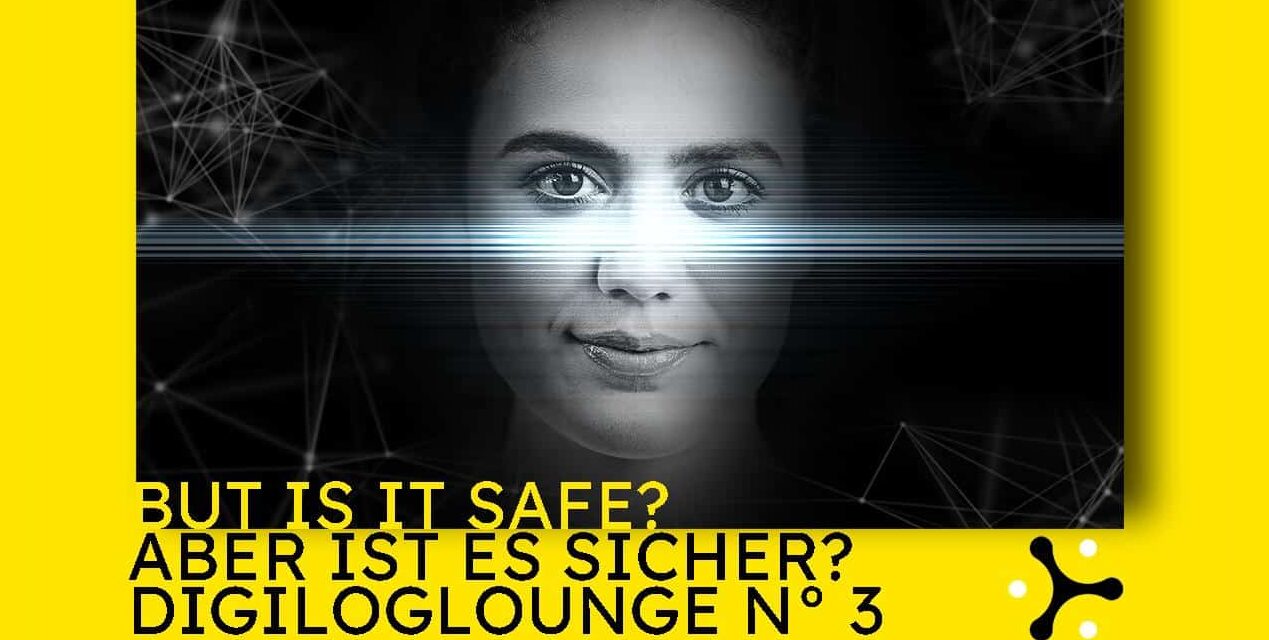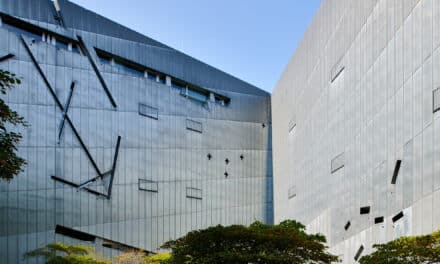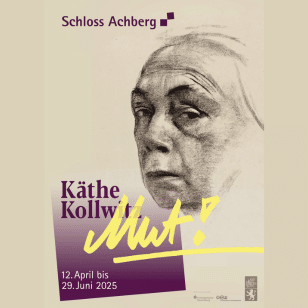Kaum ein Tag vergeht, ohne dass wir digitale Technologien nutzen. Unsere Abhängigkeit von digitalen Werkzeugen, Diensten und Infrastruktur nimmt täglich zu. Gerade in den letzten Monaten hat unter dem Eindruck der jüngsten Entwicklungen der künstlichen Intelligenz die Frage nach den Risiken des digitalen Wandels an Aufmerksamkeit gewonnen. Unter dem Titel „Aber ist es sicher?” widmet sich die dritte Ausgabe der „Digiloglounge“ den möglichen Risiken der digitalen Transformation für Demokratie, Privatsphäre und Autonomie.
Sicherheit und Transparenz im digitalen Raum und daraus resultierendes Vertrauen sind Voraussetzungen, um die Chancen der Digitalisierung nutzen zu können. Sicherheitsdefizite und Verunsicherung können dabei nicht nur den wirtschaftlichen Erfolg gefährden, sondern auch den gesellschaftlichen Zusammenhalt und die Demokratie. Die „Digiloglounge Nr°3” setzt daher zwei inhaltliche Schwerpunkte und blickt auf die Auswirkungen der Digitalisierung auf Wahlen und demokratische Prozesse sowie auf das individuelle Verhalten im Umgang mit künstlicher Intelligenz.
„Smile to Vote – Political Physignomy Analytics“ (2017-2024), ein künstlerisch-wissenschaftliches Forschungsprojekt von Alexander Peterhänsel, konfrontiert die Besucher mit einem KI-gestützten Wahlsystem, das Gesichtserkennung nutzt, um politische Überzeugungen zu ermitteln und den Wahlprozess zu automatisieren. Das Projekt thematisiert die Auswirkungen KI-gestützter biometrischer Scoring-Methoden auf demokratische Prozesse, Selbstbestimmung und Privatsphäre im digitalen Zeitalter.
KASTEL, das KIT | Institut für Informationssicherheit und Verlässlichkeit zeigt mit „Die unwissende Wahlmaschine” (2017–2019), welche Herausforderungen für allgemeine und geheime Wahlen entstehen, wenn die Stimmabgabe digital erfolgen soll. Die kryptographische Wahlmaschine bietet eine sichere Lösung an, sollten in den nächsten Jahren digitale Wahlverfahren eingeführt werden. Mit Blick auf die bevorstehenden US-Wahlen ist Stephanie Lepps Deep-Fake-Video „Deep Reckonings“ (2020) weiterhin von großer Aktualität. Zu sehen ist unter anderem Donald Trump, der seine Lügen über die Wahl 2020 einräumt. Welche ethischen Auswirkungen haben KI-generierte Inhalte auf unser Verständnis von Wahrheit?
Die interaktive Installation „TrustAI” (2020) von Bernd Lintermann und Florian Hertweck erlaubt es den Besuchern, im Gespräch mit einem Avatar eine persönliche Antwort auf die Frage zu finden, was uns veranlasst, künstlicher Intelligenz zu vertrauen, was uns verunsichert und welche Risiken wir eingehen wollen.
„Digiloglounge N° 3: Aber ist es sicher?” lädt Sie ein, Themen an der Schnittstelle von KI, Ethik und Demokratie aus künstlerischer und wissenschaftlicher Perspektive zu erkunden.
4. Februar bis 2. Juni 2024

















